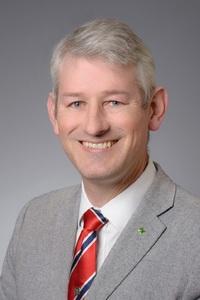Dr. Janos Sztipanovits is currently the E. Bronson Ingram Distinguished Professor of Engineering at Vanderbilt University. He is founding director of the Institute for Software Integrated Systems (ISIS). His current research interest includes the foundation and applications of Model-Integrated Computing for the design of Cyber Physical Systems. His other research contributions include structurally adaptive systems, autonomous systems, design space exploration and systems-security co-design technology. He served as program manager and acting deputy director of DARPA/ITO between 1999 and 2002 and he was member of the US Air Force Scientific Advisory Board between 2006-2010. He was founding chair of the ACM Special Interest Group on Embedded Software (SIGBED). Dr. Sztipanovits was elected Fellow of the IEEE in 2000 and external member of the Hungarian Academy of Sciences in 2010. He graduated (Summa Cum Laude) from the Technical University of Budapest in 1970 and received his doctorate from the Hungarian Academy of Sciences in 1980.


